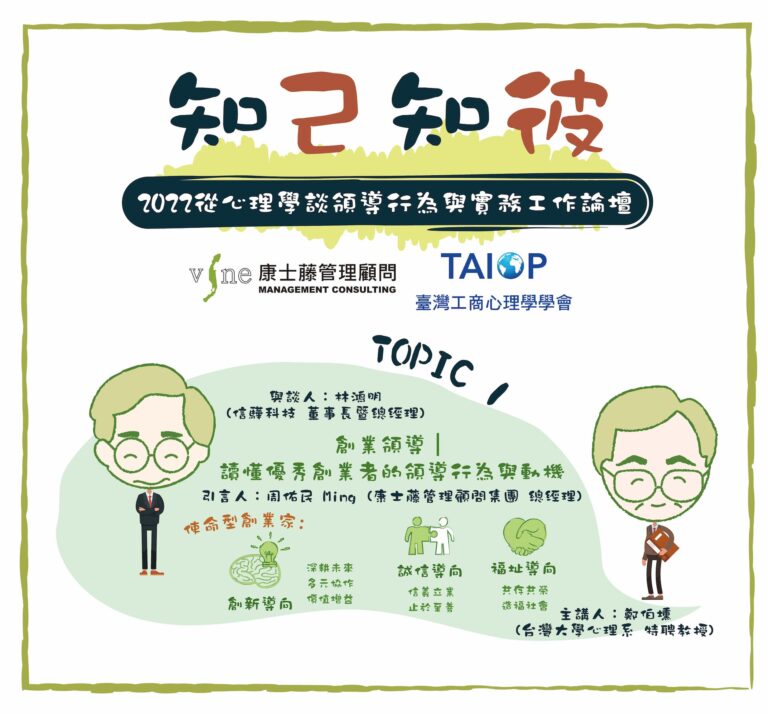
Over the years, Professor Cheng has focused on organizational development (OD), through action research, most notably PHILIPS and Xinyi House.
Xinyi Housing is an important case, in two months, the organizational culture was defined and the way to implement the organizational culture was formulated.
Over the years, Professor Cheng believes that organizational culture is closely related to the characteristics of entrepreneurs themselves.
From leadership change at the beginning, to change leadership in the face of challenges, and finally to enterprise transformation that follows the trend.
Entrepreneurship is a kind of self-realization, but also to promote oneself and others, and help the people through the world.
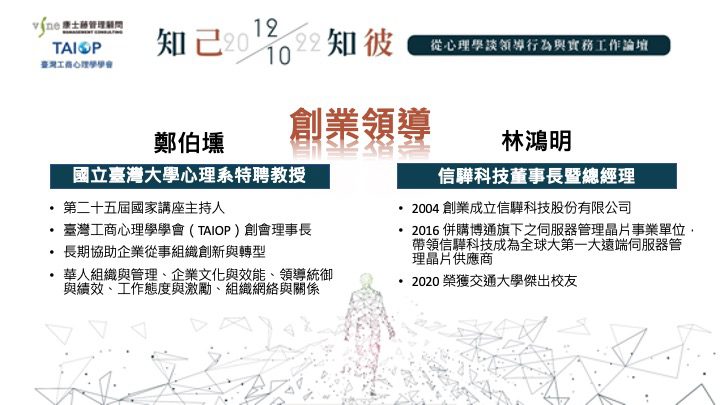
The Importance of Entrepreneurial Leadership
Professor Cheng quoted Schumpeter as saying, “Entrepreneurs are important drivers of economic growth”.
From the perspective of society as a whole, the products, services and business models created by entrepreneurs usually change the way people live, which shows the importance of entrepreneurs that cannot be ignored.
“If you go on, you will go forever. 」

Why do people start businesses?
Early economic ideas were that entrepreneurs focused on assessing market conditions and jumped into entrepreneurship when conditions were ripe. The so-called ripe conditions mean to see business opportunities and the possibility of profits.
From the perspective of bounded rationality in psychology, people with certain traits are more inclined to start a business, and their optimism is closely related to entrepreneurial behavior.
In particular, the leadership traits of risk attitude and regulatory focus have an impact on entrepreneurial behavior.
And the most popular self-concept view in recent times: the entrepreneur perceives who he is and what the value of life is. To practice value through entrepreneurship, the entrepreneur’s self-identification and values are related to the way of entrepreneurial choice and the shaping of organizational culture.
Depending on the values, the organizations created by entrepreneurs will have different missions and operational purposes.
Focus on the major, more than things outside the major, and don’t have much interest.
All you see is cost and profit, and focus on the market.
It is a community group that cares about being compatible with oneself and creates consumer needs within the group.
I want to be a model for society and change the atmosphere of society.
A missionary entrepreneur is an entrepreneur who uses entrepreneurship as a means to try to realize his or her personal ideals and visions and improve the status quo of society, focusing on social impact, practicing specific ideals and visions, and helping to improve social problems.
Compared with entrepreneurs who are “unscrupulous for profit”, entrepreneurs with an ideal mission can bring more positive impact to the industry and society, and are more in line with the lofty goal of coexistence and co-prosperity of ESG and stakeholders.
Examples of mission-based entrepreneurial leadership
There are several tendencies of mission entrepreneurs, and Professor Cheng cites a few examples of good leaders:
- Innovation orientation: SUNON, at the beginning of Hualien’s heat dissipation motor factory, entrepreneurs found that the aura is not the north and south poles will be conductive, and the east and west will also occur convection. From product invention, marketing to factory production, entrepreneurs put the value chain in the hands of one person, and turn competitors into strategic partners.
- Integrity orientation: Xinyi Housing, from the letter can be known, Xinyi Housing for integrity requirements. In 2009, the organizational culture was changed to implement the core of integrity.
- Humility orientation: Chimei industry, in the past, people said that North Formosa Plastics, South Chimei. CHIMEI’s slogan: Let happiness fill every corner of the world, which can be seen in its humble character.

The importance of leaders determines the culture of the organization
What entrepreneurial leaders emphasize, care about, and control becomes the standard
The way entrepreneurial leaders respond to critical events and crises becomes the norm
The allocation of resources for entrepreneurial leaders has become a system
Role modeling, mentoring and training of entrepreneurial leaders to become role models
The standard of rewards and punishments for entrepreneurial leaders has become an incentive system
Entrepreneurial leaders’ ideas on recruitment, selection, promotion, and rotation become personnel regulations
The characteristics of a leader will determine the direction of the organization, and eventually become the culture of the organization, which shows the importance of leadership.
Xinhua Chairman Lin Hongming’s entrepreneurial leadership experience
The chairman first said very humbly that he was just a qualified leader, not an excellent leader.
The entrepreneurial success of Xinhua Technology can be regarded as a miracle, a miracle with the right time, place and people.
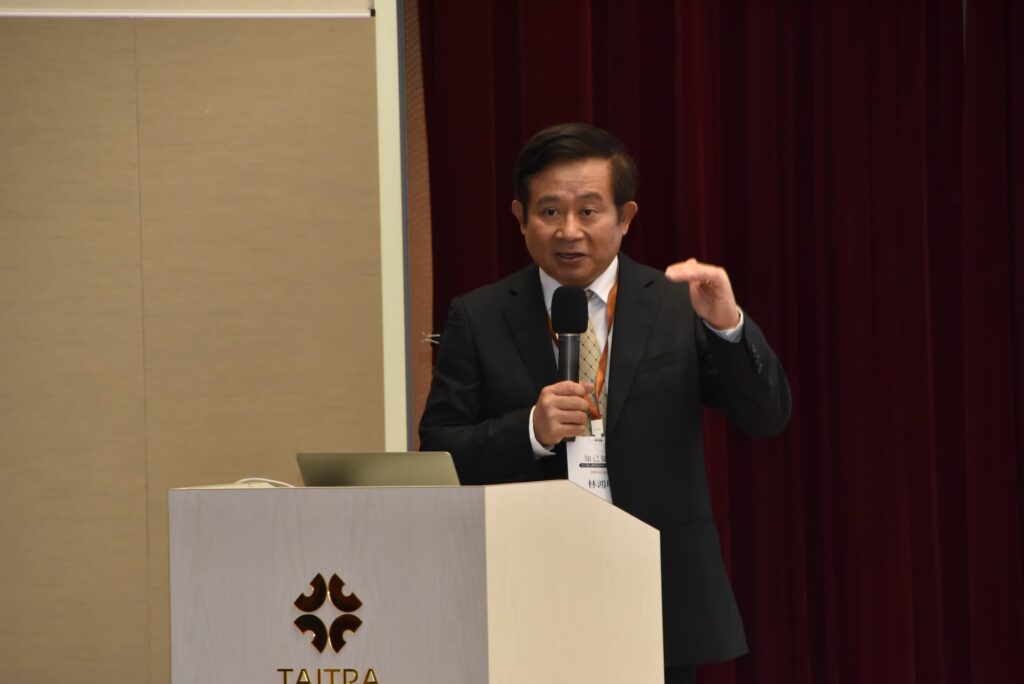
Xinhua’s entrepreneurial process
In 2004, there were no smartphones and apps. The chairman of Quanta Computer, Barry Lin, once said: “The future computing power of computers is like electricity, plug-and-go”, and the future world is a concept of centralized computing.
As a result, Xinhua sees a business opportunity for chips.
The trend is a wave, standing on the wave, it is easy to move forward, and catching the trend is the most important thing. At the same time, how to maintain a balance on the wave and maintain the corporate culture is also a big challenge.
Founded in 2005, Xinhua became the world’s largest chip supplier in 2015. Up to now, the global server remote management chip, the market share is more than 70%.
The reason why we can have such a high market share is first of all the importance of trends, and then it echoes Professor Cheng’s humble orientation, as a humble supplier, we have responsibilities to customers, employees and society.
Finally, the average employee revenue contribution of the Xinhua team in 2021 was NT$37 million, and the average employee after-tax net profit was NT$13 million. Echoing what Professor Cheng just mentioned, entrepreneurs are an important driver of the economy.
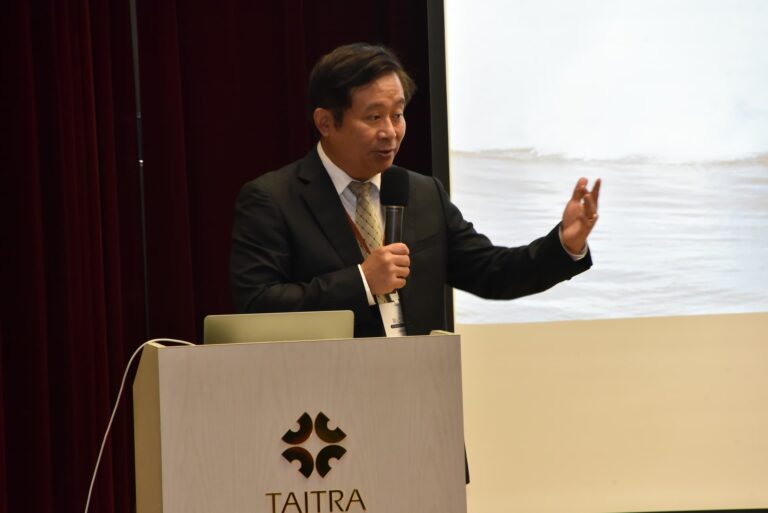
Can leadership skills be cultivated?
Chairman Lin summed up his characteristics as an optimistic personality, an adventurous attitude, and a regulatory focus (as opposed to focusing on the most important things).
Finally, TSMC founder Zhang Zhongmou was quoted as saying that “a good leader cannot be acquired through education and training. 」
However, Lisa Su, CEO of AMD, once said in Vision Magazine, “I truly believe that a good leader can be trained. A lot of leadership isn’t intuitive, but you’ll develop an intuitive sense of observance. 」
But how do you improve your leadership skills?
Chairman Lin concluded that the leadership model can be replicated, and leadership can be cultivated through practice and education and training.
Wonderful Q & A
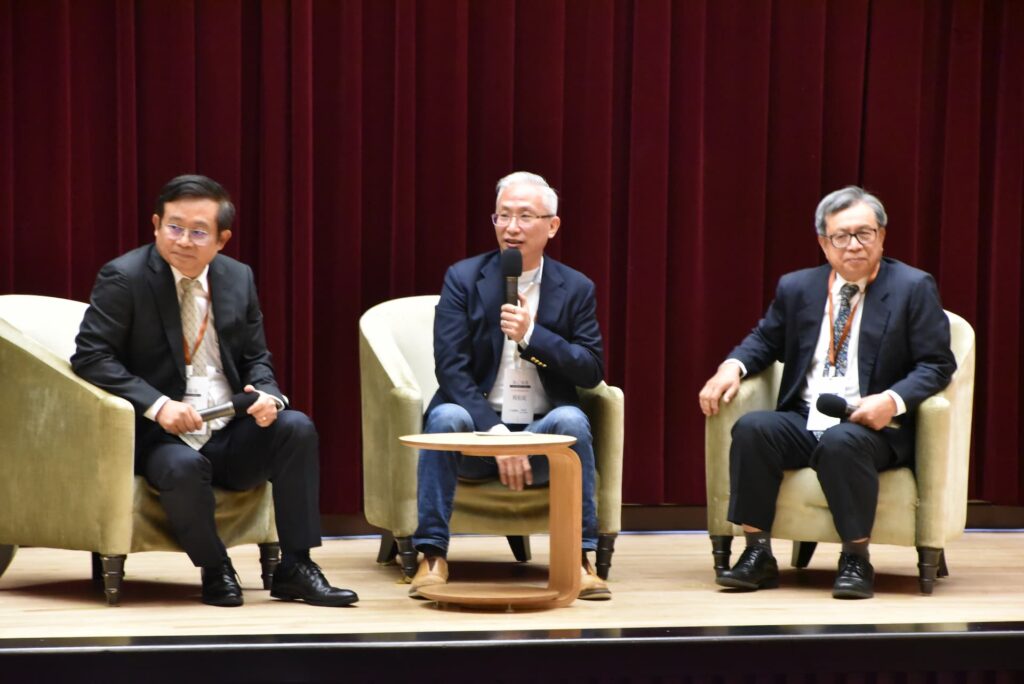


Lin Hongming: The communication we organize is relatively direct, with no emphasis on meetings and an emphasis on informal communication. Fast, effective and practical.
Zheng Botan: The personal character of the entrepreneur is an important key, and the situation in which he or she finds himself will become the culture of the organization.
Lin Hongming: Xinhua Technology is not limited to the RD department. Xinhua is a flat organization, and salaries are paid according to contributions, not positions. The high salary is paired with the elimination system, and there will be a preferential retirement system for the bottom 3 every year. These two are paired together, and high salaries make a difference.
Zheng Botan: Huawei’s employees have a lot of money, but they are not healthy. After digitalization, there is a lot of money, but work-life balance is more important.
Lin Hongming: We chose B2B over B2C from the beginning, developed a good product strategy, had a good culture, and established a niche market.
Lin Hongming: We have high salaries, but we will also be very resolute in dealing with unsuitable employees. Managers need to be determined to make decisions.
Because the mission of the enterprise is to make profits, although Coach’s good intentions as a manager can motivate people, but the search for talent must give priority to self-growth.
Ming: Finding people with similar values is an important part of a business. If the values are the same, the goals will be easier to discuss.
Lin Hongming: I spend a lot of time on recruitment, and I will personally interview for any position. I’m sure my supervisor had reviewed it before I did it, so in my level, I focused on setting my ideals and the company’s philosophy.

You must be logged in to post a comment.